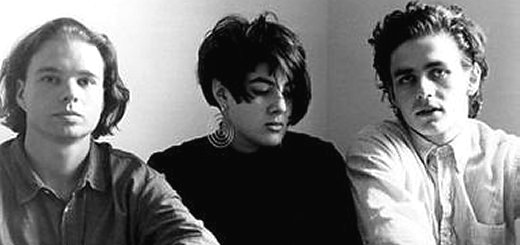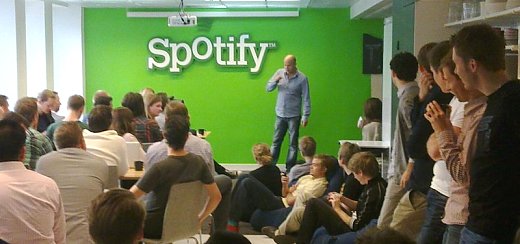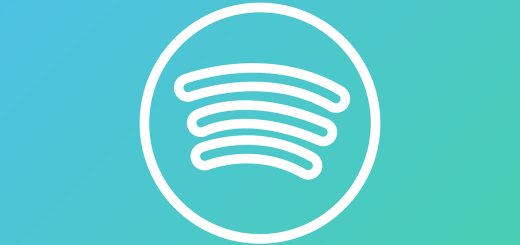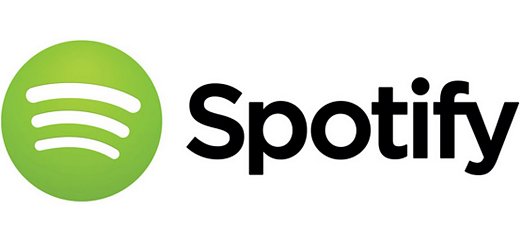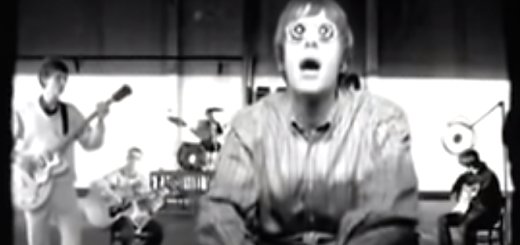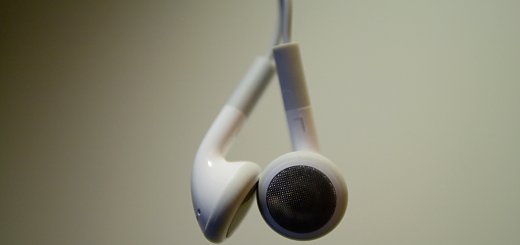Bad Bunny - Spotify’s most-streamed artist of 2020
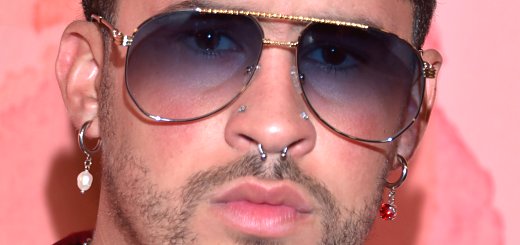
With 8.3 billion streams, Puerto Rican rapper and singer is Spotify's most-streamed artist of 2020, the first time an artist that has never sung in English tops the year-end list. Second to Bad Bunny for 2020 is Drake, while another Latin act, J Balvin, came in at No. 3, followed by the late rapper Juice WRLD and The Weeknd. Bad Bunny's album 'YHLQMDLG' is also the most-streamed album globally on the service, with over 3.3 billion streams, ABC reports. Spotify’s most-streamed song of the year is Blinding Lights', with 1.6 million streams globally.
